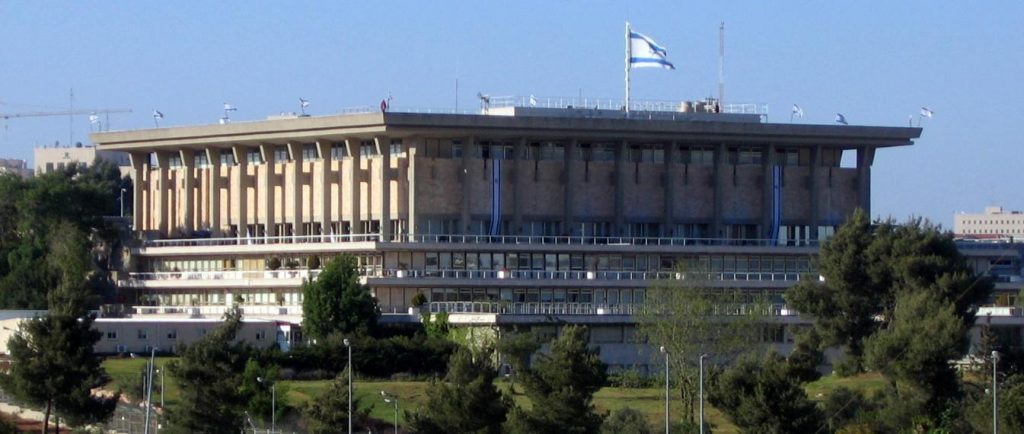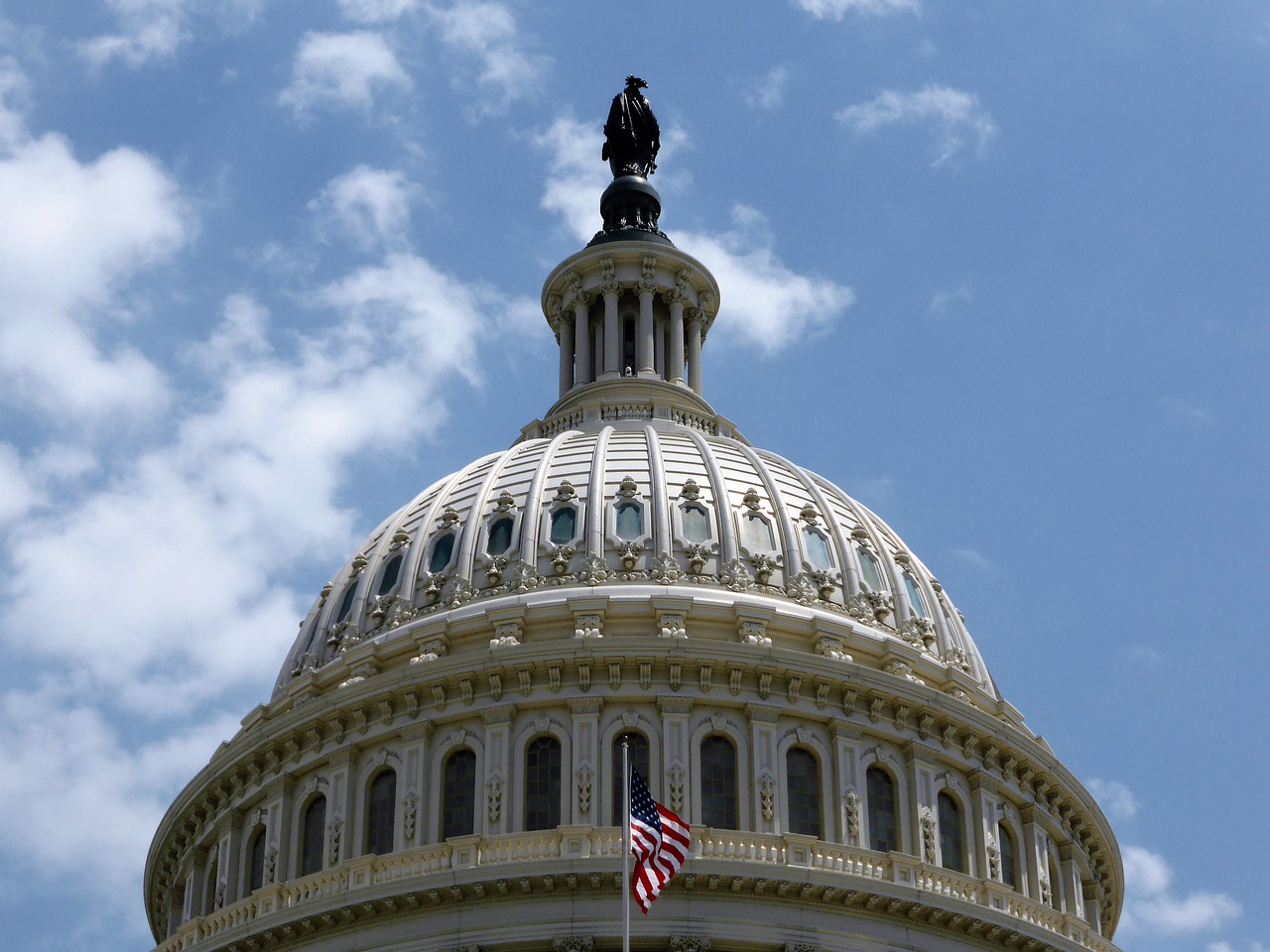Israel May Become the First Country in the Middle East to Decriminalize Cannabis
Israeli lawmakers in the national Knesset are closer than ever before to decriminalizing cannabis for recreational purposes.
The proposed bill would force an individual who used cannabis for recreational purposes to pay more than $200 for the first offense, more than $500 for the second offense if done within five years of the previous first offense, and a “conditional agreement” for the third offense in which would mandate the user to either pay another fine or community service if they want to avoid being criminally charged in court. Child minors under the age of 18 years old, current prisoners, the formerly incarcerated, and enlisted soldiers are not covered under this particular legal proposal.
If passed and ratified in the parliament, as well as by both the country’s prime minister and ceremonial president, the Jewish state could become the first country in the Middle East as well as Western Asia to decriminalize the drug. Medical cannabis has been legal and regulated in the country since the 1990’s.
Many countries around the world are starting to relax their own drug laws from policies that range from decriminalization for all substances to the legalization of cannabis for either medical, recreational or both purposes. Countries such as North Korea, Uruguay, and Canada have legalized the use of cannabis for recreational and medical usage. Other countries such as Portugal have decriminalized all drugs, ranging from cannabis and heroin to cocaine and mushrooms, in order to help abusers rather than punish them in their own respective legal systems.




